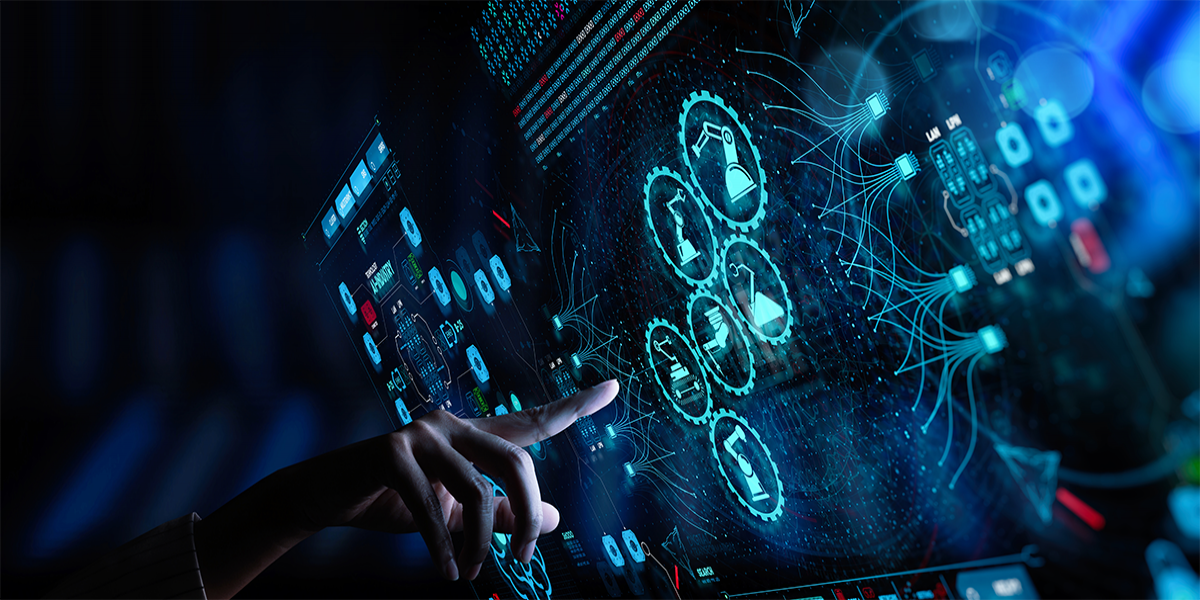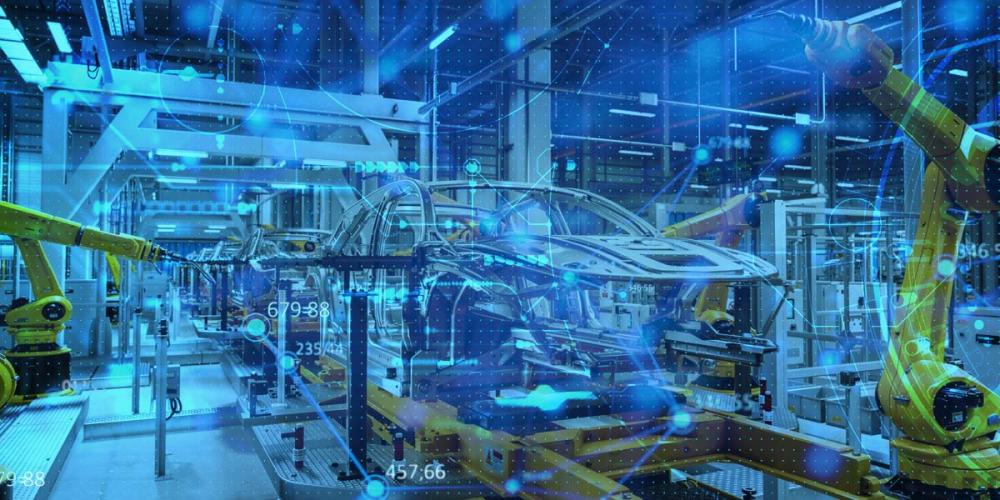Smart Factories: Giving Form to Digital Transformation in the Manufacturing Industry
The Inseparable Relationship Between Digital Transformation and Decarbonization and Technologies Essential for a Sustainable Manufacturing Industry
We explain here trends in the use of the latest technologies for decarbonization, which is one of the mega-trends surrounding the manufacturing industry. Digital transformation in the manufacturing industry, which is being tackled in smart factories, and decarbonization efforts are two sides of the same coin. It will be important to introduce and utilize advanced information processing technologies such as IoT, AI, and digital twins as a means of realizing RE100-compliant factories.



